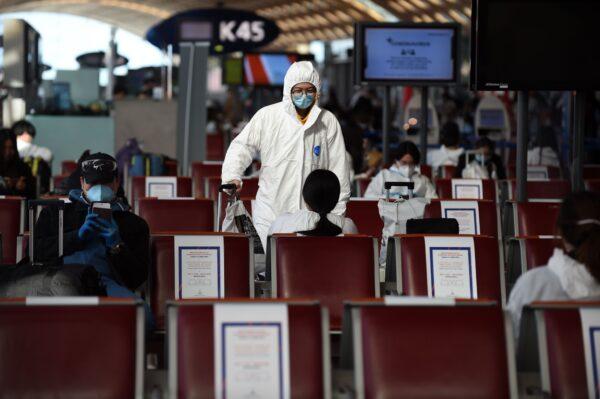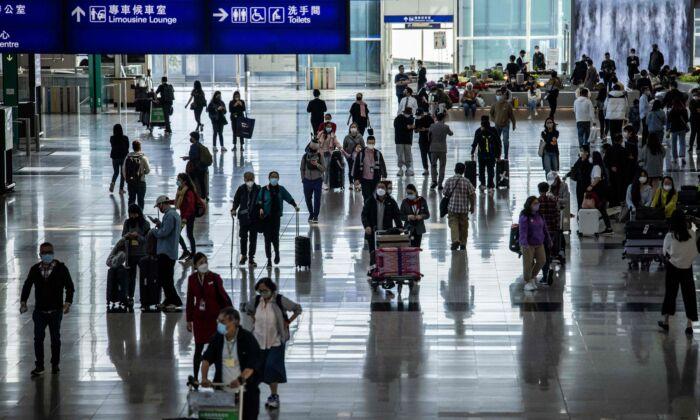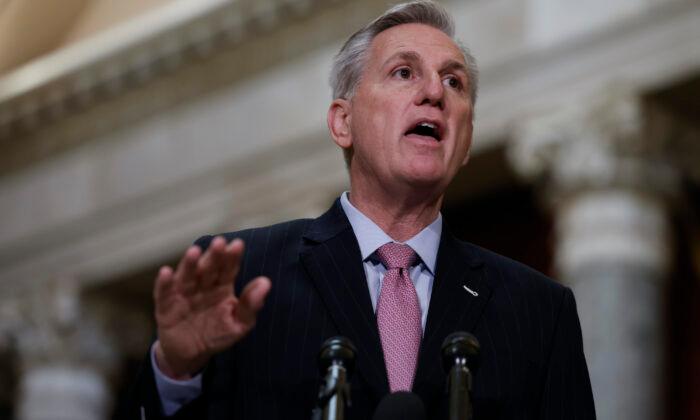China announced it is scrapping its yearslong centralized quarantine rules for overseas passengers—a major step toward easing restrictions on border travel amid the country’s mass reopening.
Incoming passengers will still be required to wear masks on board but are exempt from health QR code checks upon landing, the commission said, meaning they do not need to submit COVID test results to a Chinese embassy or consulate prior to the journey.
Long-standing “zero-COVID” restrictions have largely shuttered borders since March 2020, barring merely all international workers, students, and tourists from entering the country. Meanwhile, relentless lockdowns under Chinese leader Xi Jinping’s bid to keep China free of the virus are causing widespread damage to the country’s economy as well as global supply chains and trade. Official data from China’s tourism ministry show China saw a total of 27.47 million inbound tourists—an 81 percent drop from the previous year before the pandemic.
Chinese citizens’ chances to travel overseas will also be “resumed in an orderly manner,” according to the NHC.
In the wake of its latest announcement, Chinese media reported an over 8-time spike in searches for international air tickets on Chinese travel platform Tongcheng Travel. The top three overseas destinations turned out to be Japan, South Korea, and Thailand, and the majority of those who made the searches were based in Chinese metropolises such as Beijing and Shanghai.
Over the past three years, Chinese authorities have declined visa applications from citizens without clear and necessary purposes to travel overseas.

Shift on ‘Zero-COVID’
China has become the last major country in the world to move to live with COVID-19 since the early days of the pandemic, treating the virus as endemic.China made a policy U-turn with no previous notice earlier this month, dropping nearly all of its domestic COVID-19 curbs in a move that has left under-prepared cities scrambling to cope with waves of infections. The abrupt move has resulted in long lines outside fever clinics and emptied pharmacy shelves of fever medication across the country.
China’s NHC announced Sunday it will halt daily updates on its highly unreliable COVID-19 numbers from this week. Despite widespread videos of overwhelmed hospitals and crowded funeral homes on social media platforms, the official virus tally indicates single-digit deaths since Beijing eased most restrictions this month.
Authorities said on Monday arrangements for foreigners to come to China, such as for family visiting, work, and business, will be improved and the necessary visas will be facilitated.





Friends Read Free